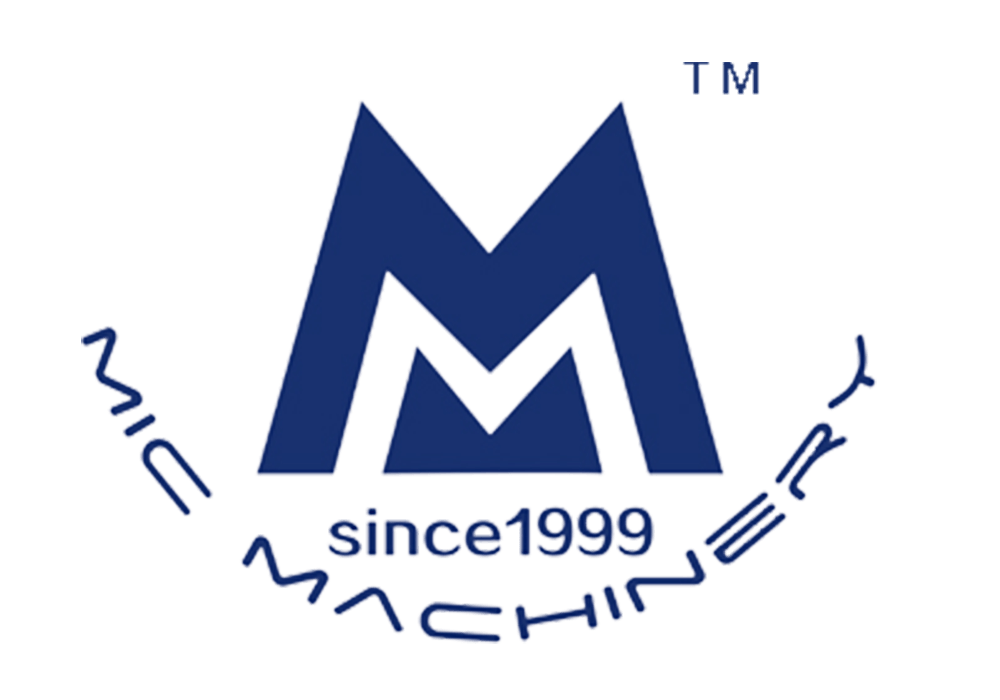Bottle Filling Machine Purchasing: 5 Critical Minefields to Avoid
Investing in a bottle filling machine is a pivotal decision for beverage, pharmaceutical, or chemical manufacturers. The right equipment ensures efficiency, product safety, and long-term cost savings. Howe ver, navigating the market requires caution—hidden pitfalls can lead to operational headaches, budget overruns, or compliance risks. Below, we uncover five critical minefields to sidestep during your purchasing journey.
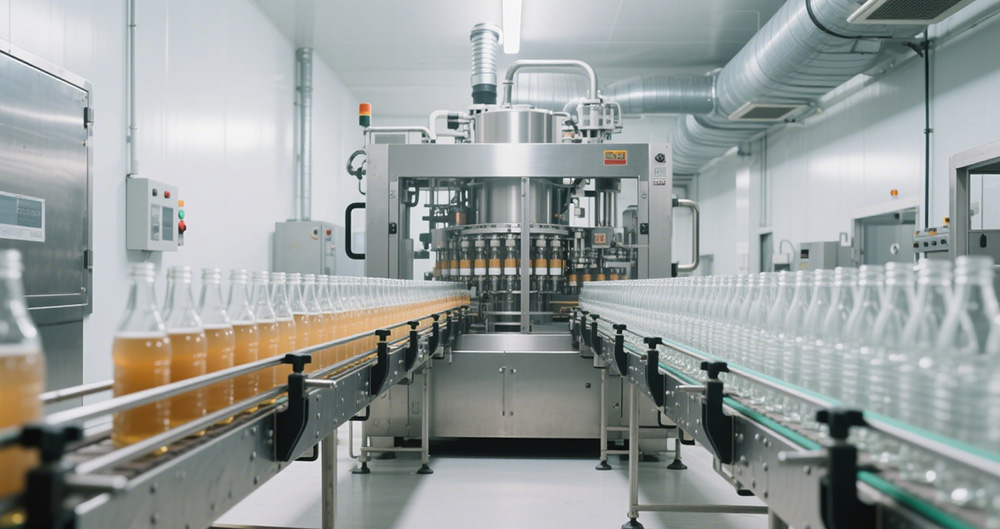
1.Overlooking Machine Compatibility with Your Production Line
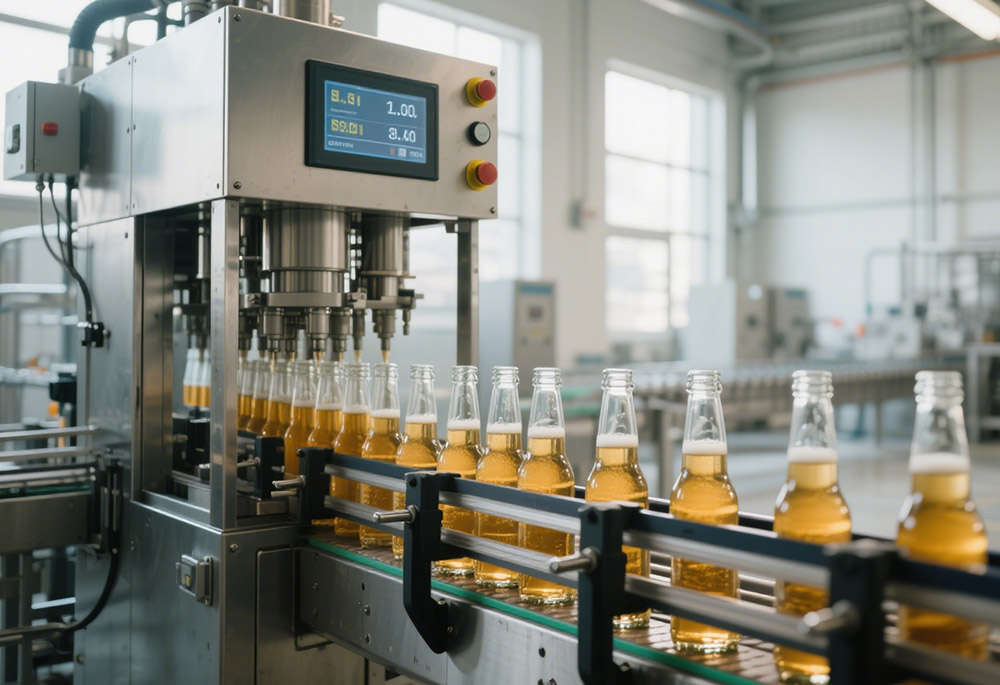
A bottle filling machine is not a standalone tool—it must integrate seamlessly with your existing workflow. Many buyers focus solely on the machine’s specifications (e.g., speed, bottle size range) but neglect compatibility with upstream/downstream systems (e.g., cappers, labelers, conveyors).
Risks:
Mismatched speeds causing bottlenecks.
Incompatible bottle dimensions leading to jams or spills.
Software incompatibility disrupting automation.
Solution:
Request a line audit from suppliers to simulate integration. Prioritize vendors offering modular designs or customizable interfaces.
2.Underestimating Automation Needs vs. Budget
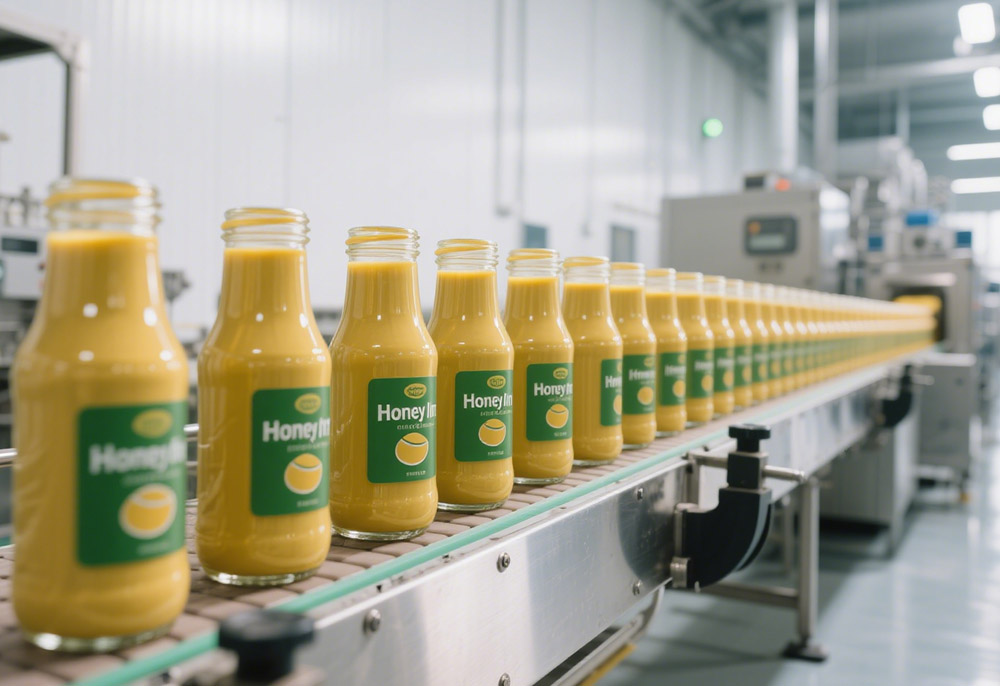
While manual or semi-automatic machines have lower upfront costs, they often result in higher labor expenses and slower output. Conversely, fully automated systems may seem ideal but could be overkill for small batches or low-volume production.
Risks:
Overspending on unnecessary features.
Scalability limitations as your business grows.
Solution:
Align automation levels with your current and projected demand. Look for machines with adjustable settings (e.g., variable speed controls) to future-proof your investment.
3.Ignoring Hidden Maintenance Costs
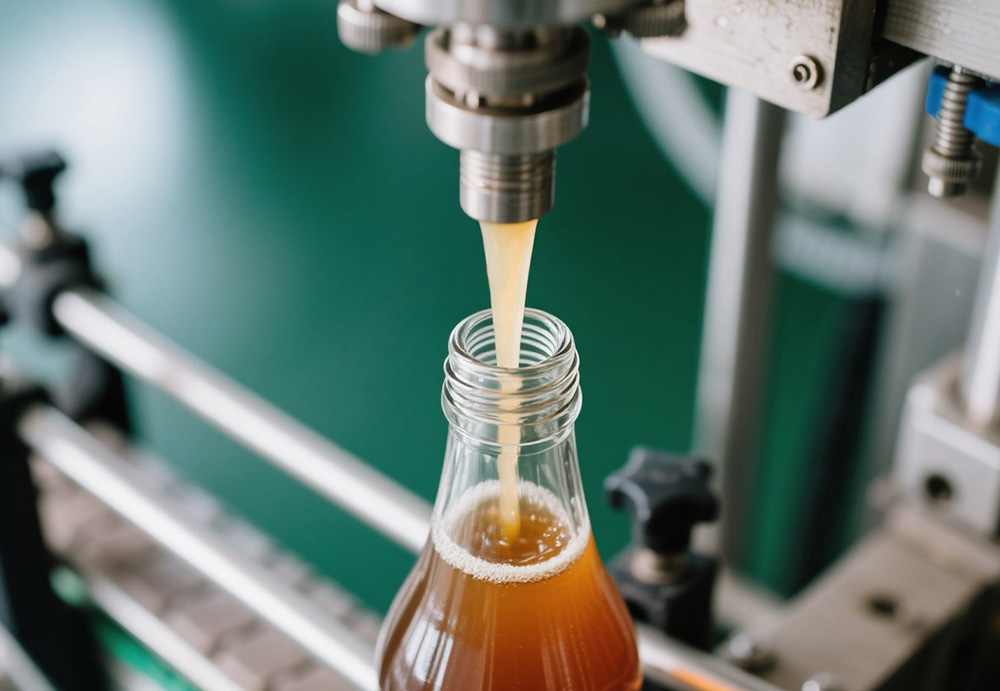
A low-priced bottle filling machine might lure buyers, but hidden maintenance costs can negate savings. Poor-quality components, lack of spare parts availability, or complex designs increase downtime and repair bills.
Risks:
Frequent breakdowns disrupting production schedules.
Proprietary parts forcing reliance on a single supplier.
Solution:
Evaluate the machine’s mean time between failures (MTBF) and inquire about warranty terms. Opt for suppliers with global service networks and standardized, easy-to-source parts.
4.Failing to Verify Supplier Credentials
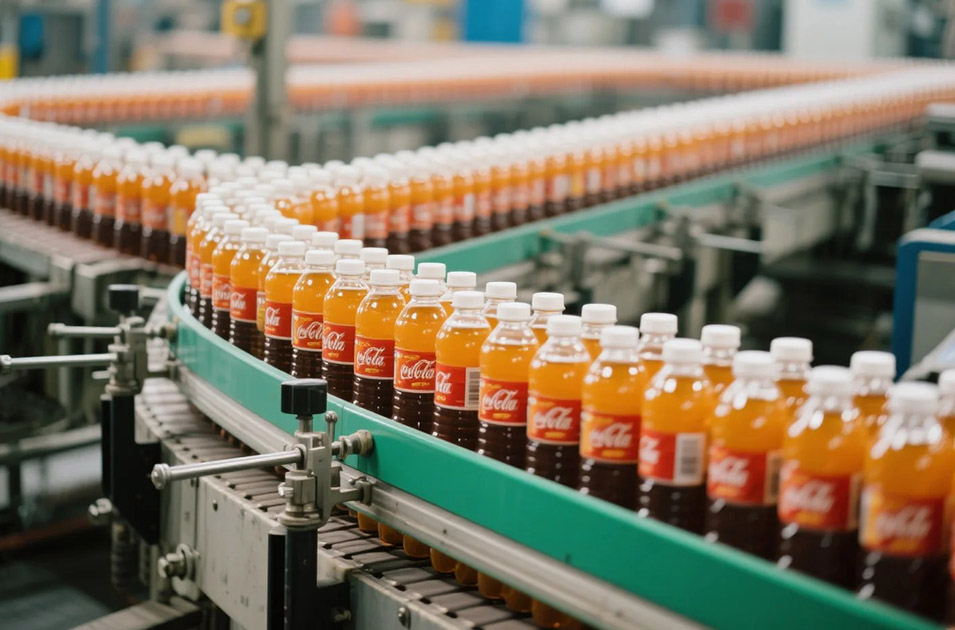
The global market is flooded with generic bottle filling machine manufacturers offering cut-rate prices. However, working with unverified suppliers can compromise quality, safety, and compliance with regulations like FDA, CE, or GMP.
Risks:
Non-compliant machinery leading to product recalls.
Poor after-sales support.
Solution:
Request certifications, case studies, and client references. Prioritize suppliers with a track record in your industry (e.g., food-grade vs. chemical-grade expertise).
5.Neglecting Post-Purchase Support
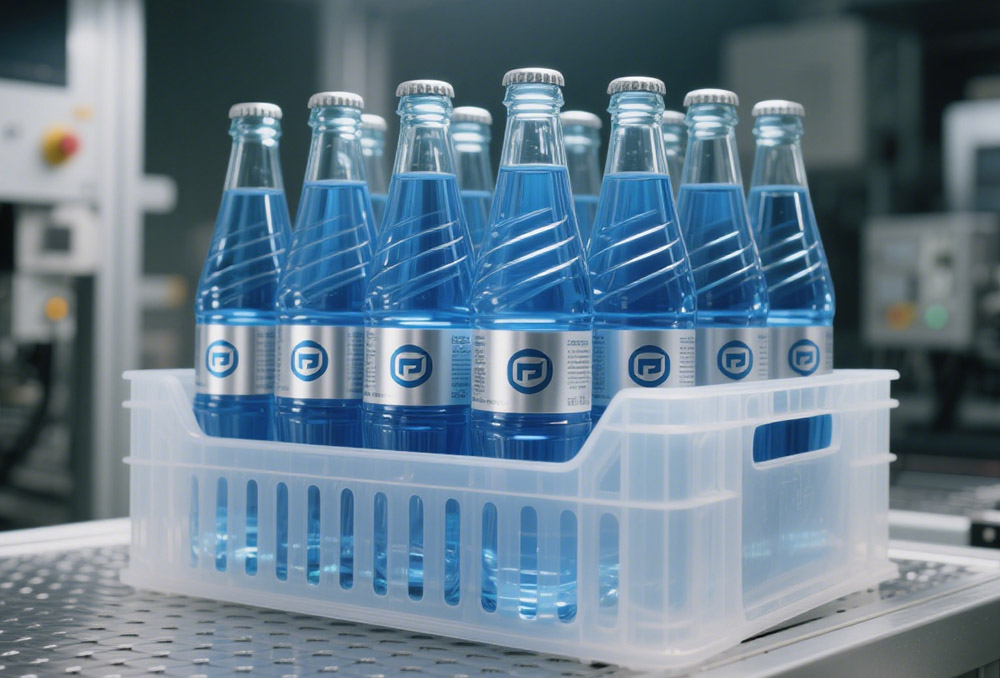
A machine’s performance hinges on reliable post-purchase support. Limited training, delayed troubleshooting, or unclear documentation can cripple efficiency.
Risks:
Prolonged downtime due to unresolved technical issues.
Staff frustration from inadequate training.
Solution:
Negotiate comprehensive support packages upfront, including on-site installation, operator training, and 24/7 technical assistance. Test the supplier’s response time during the evaluation phase.
